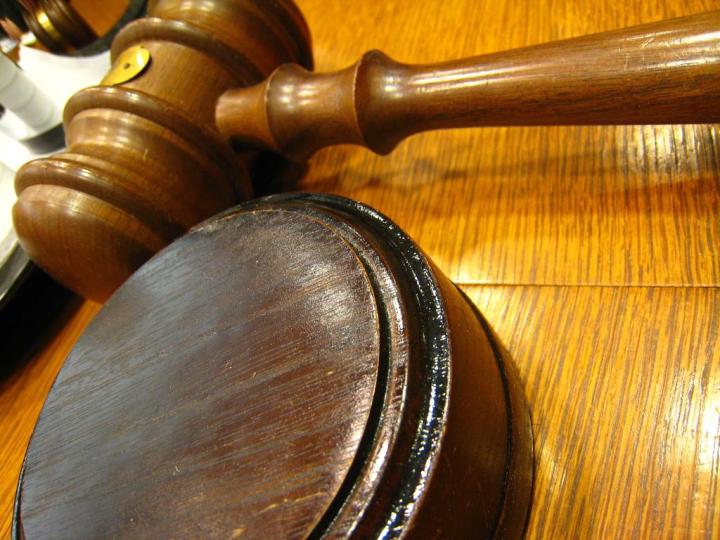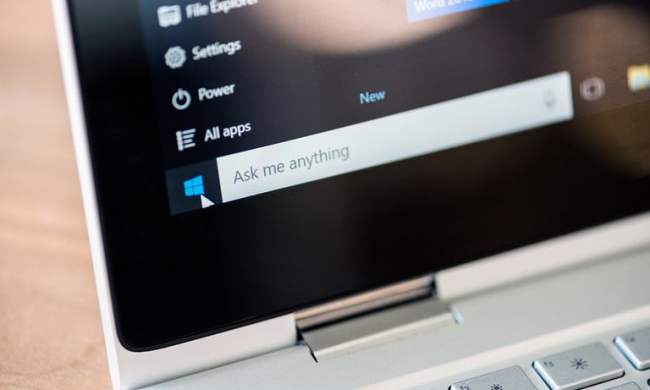
The lawsuit targets the unknown defendant of the illegal activity, according to papers filed in court, and seeks actual or statutory damages stemming from the piracy.
“Defendants have installed and activated unlicensed Microsoft software on hundreds of computer systems using unauthorized product keys,” state the lawsuit papers, which are dated April 28. The company identified the actions through an IP address.
Microsoft’s court papers say that the activation keys for Windows 7 were possibly stolen from its supply chain, or never officially licensed, or have been used multiple times. No other versions of Windows are referenced in the papers.
The Verizon IP address at the center of the legal action, 74.111.202.30, was analyzed and logged by Microsoft for activating numerous product keys. According to IP Location, the IP address is located in Los Angeles while WhatIsMyIPAddress says it is in Temecula. Microsoft says that the activation keys entered by the accused’s IP address were returned to a server in Tukwila, Washington, which is why the court papers were filed in Washington.
Microsoft says that the volume and pattern of activations shows the theft came from a commercial entity.
Microsoft says that the volume and pattern of activations, claimed to be in the hundreds, shows that theft came from a “commercial entity” that has been distributing pirated software.
“As part of its cyberforensic methods, Microsoft analyzes product key activation data voluntarily provided by users when they activate Microsoft software, including the IP address from which a given product key is activated. The IP addresses do not provide Microsoft with the identity of any individuals activating the software,” a Microsoft spokesperson told Digital Trends.

The identity of the defendant, or defendants, remains unknown. Microsoft notes that it relies on product activation protection in detecting piracy. When contacted, a Verizon spokesperson said the company had no comment at this time on the alleged illegal activity of one of its customers.
Microsoft says that pirated software costs the industry billions of dollars a year. It cites figures that the value of pirated software was in excess of $9.7 billion in 2013 in the United States.
It adds that one of the most common instances of software piracy is “hard-disk loading,” where software is copied without authorization and eventually sold on at a lower rate than legitimate copies. Illegal copies can also affect the customer, leaving them vulnerable to potential security risks, since they don’t receive all updates and may be pre-loaded with malware.
“The real victims in these types of cases are consumers who may unknowingly purchase software they think is legitimate which can expose them to an increased risk of being impacted by spyware, malware and viruses,” said the Microsoft spokesperson.
In recent times, Microsoft has adopted a more relaxed approach to piracy, even going as far as to allow pirate users of previous Windows versions to upgrade for free to Windows 10 (though doing so does not make the license valid).
This new legal action probably doesn’t represent a change in policy. Instead, Microsoft is going after this defendant because of its large number of illegal activations. Whether the culprit is a distributor of pirated software, or a business attempting to skate by activation fees, remains unclear for now.


